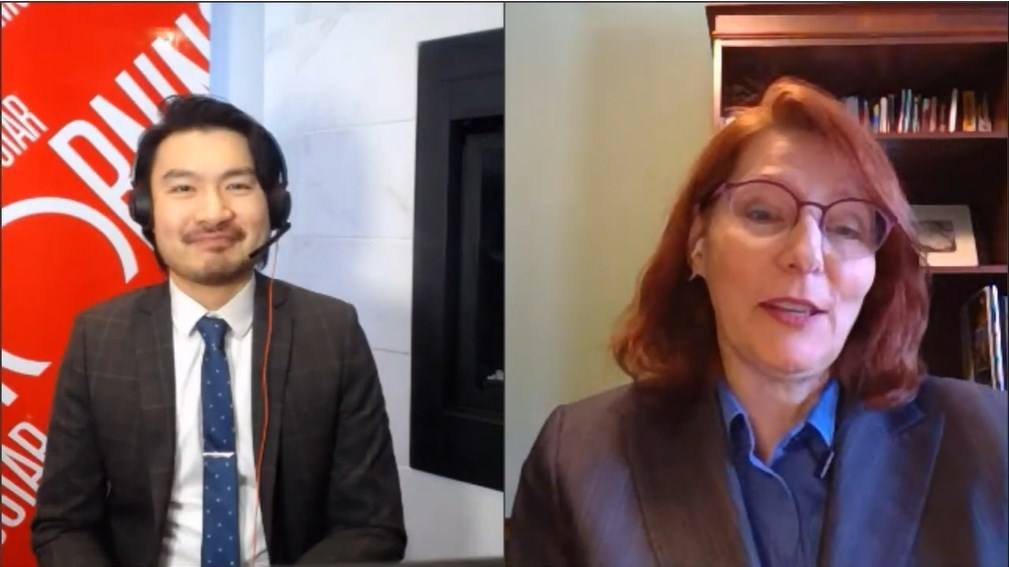A Little Knowledge
Most people recognize that free offers aren’t. If you receive 60,000 airline miles for obtaining a credit card, the award doesn’t come from the goodness of the company’s heart. An auto dealer’s finance department doesn’t offer zero-interest loans without getting something in return. And Publishers Clearing House … Well, I haven’t yet figured out how that firm makes money. But apparently it does.
The same principle applies to investment bait. Even before the news about payment for order flows broke, Robinhood’s (HOOD) clients realized that somehow, somewhere, the company generated revenue. Otherwise, the organization wouldn’t remain in business. Long before that, no-load fund investors understood that while their admission was complimentary, their stay was not.
Frequently, though, such knowledge is superficial. Customers recognize that their gifts are subsidized, but they don’t know how. Consequently, they assume that somebody else is footing the bill. Or, as with mutual fund expenses, they grasp that they themselves are liable, but they underestimate their full costs. For example, fund expenses are reported as percentages rather than dollars, and are quietly removed from assets, rather than explicitly charged to shareholders.
Besotted With Cash
Such, apparently, was the situation for Lauren Barbiero, Kimberly Lopez, and William Lopez, who have sued Charles Schwab (SCHW) for providing them with biased advice. In 2019 and 2020, the trio joined Schwab’s digital-advice program, Intelligent Portfolios, which invests for free in exchange-traded funds. The three now claim that their performance has been subpar, because Intelligent Portfolios served two masters. Besides benefiting Schwab’s clients, the lawsuit alleges, the program was written to boost the company’s revenue.
The salient issue is Intelligent Portfolio’s cash recommendations. Per Schwab’s website, the program recommends cash stakes ranging from 6% for its aggressive allocation to 23% for its conservative mix. Those amounts are unquestionably high. For example, the median cash position for target-date 2060 funds, which correspond to Intelligent Portfolio’s aggressive allocation, is 2%. (Amusingly, that median position is held by … Schwab’s own fund, Schwab Target 2060 (SWPRX). You can’t make this stuff up.) Meanwhile, the median cash stake held by target-date retirement funds, which are roughly akin to its conservative strategy, is 7%.
Asking Why
Thus, Schwab’s Intelligent Portfolios contain three times as much cash as one would reasonably have expected. Schwab’s explanation sheds little light. Its website contents itself with the general statement that “We believe cash is a key component of an investment portfolio.” Not very informative, that.
The company’s Disclosure Brochure isn’t much better. Per the lawsuit, the document reads, “Schwab Bank earns income on the Sweep Allocation [that is, the cash position] for each investment strategy. The higher the Sweep Allocation and the lower the interest rate paid the more Schwab Bank earns, thereby creating a potential conflict of interest. The cash allocation can affect both the risk profile and the performance of a portfolio.”
Those words initially seem helpful, but they bypass the central point, which is whether the Intelligent Portfolios service advocates unusually high cash positions because Schwab’s investment team is unusually fond of that asset, or because Schwab earns a higher profit from the program’s cash positions than it does from its ETF selections. Who knows? Almost certainly, though, Schwab earns a higher return from its cash than it does from its ETFs, which carry a median expense ratio of 0.05%.
The Plaintiffs Speak
The plaintiffs, of course, are confident that they know the answer. In support of their claim that the Intelligent Portfolios program lined Schwab’s pockets, they cite a 2015 Raymond James stock report, which states, “Schwab stands ready to generate substantial revenue from the product despite not charging any advisory fees. From the client’s perspective, however, the potential performance drag from such a high cash allocation may easily exceed the management fee savings relative to competitors.”
They go further. Because Schwab wished to create a “bumper crop of cash sweeps income for itself,” declare the plaintiffs, the company placed their investments in too much cash, thereby causing them to lag. Ironically, they argue, all parties would have been better off had Schwab levied an advisory fee, as do its rivals. Schwab would have received more revenue than it did through its cash-sweep trickery, and its customers’ accounts would have enjoyed better profits.
The latter claim is correct, although it’s worth pointing out that it is very much a bull-market argument. Had stock and bond prices declined when the plaintiffs were invested in Intelligent Portfolios, then they would have enjoyed the twin benefits of 1) better bear-market protection from their cash, and 2) lower advisory fees. Under such circumstances, Intelligent Portfolios would likely have led the field. This lawsuit was conceived while watching a rear-view mirror.
The problem for Schwab comes not only from disgruntled clients, but also from the SEC. This summer, in response to the SEC’s attentions, Schwab took a $200 million write-down, establishing a reserve against potential future liabilities from its Intelligent Portfolios service. For Schwab as well as for its customers, free advice seems to have extracted a price.
Seeking Better Disclosure
Many years back, a portfolio manager served as a subadvisor for two bond funds. One fund, sold by Vanguard, was very cheap. The other carried a steep expense ratio. The manager ran the two funds very differently. Vanguard’s fund held relatively low-yielding bonds that performed well during bull markets. The other fund held higher-paying bonds that did not. The reason for the difference was that, after paying its expenses, the second fund could not post a competitive yield. Its additional costs forced its manager to change his investment approach.
This example featured no free service, but the principle was the same. The portfolio manager took the product’s cost structure into consideration when devising his investment strategy, just as Schwab allegedly did with its Intelligent Portfolios program. I do not think that such situations should be prohibited. Attempting to do so would be impractical at best, and unreasonable at worst.
However, investors should understand the terms of such arrangements. If the business decisions for Schwab’s Intelligent Portfolios service were completely divorced from its business model, Schwab owed no additional disclosure. If there were any overlap whatsoever, though, the company should have informed its clients that the service would hold consistently above-average cash positions, along with a frank discussion of that practice’s investment implications.
If such a practice were ever to become standard, investors would be well positioned to evaluate free offers. They would have the information required to make an informed decision. In the absence of such disclosures, however, abstinence is the soundest policy. Accept the freebie if you fully understand why and how the company expects to profit from the offer. If not, walk away.









.jpg)












